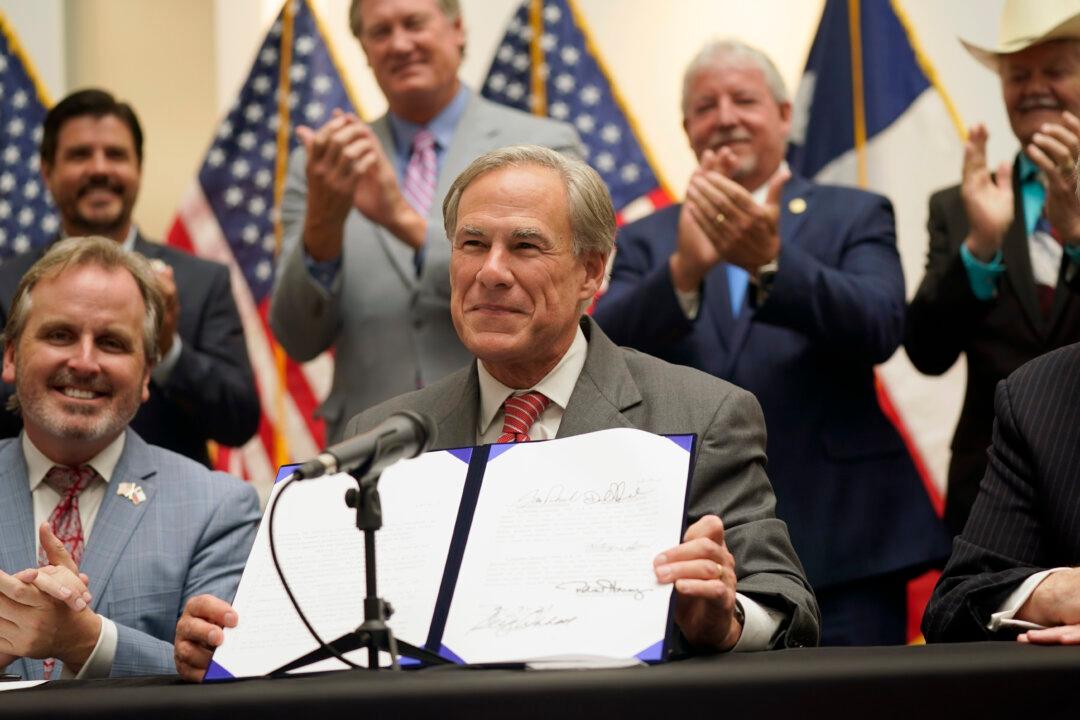“The 2022 election failed black voters,” said National Association for the Advancement of Colored People (NAACP) attorney Deuel Ross in a May 24 Congressional subcommittee hearing on elections.
Ross testified that since the 2020 election 400 bills were introduced in state legislatures around the country to “restrict the franchise.”





